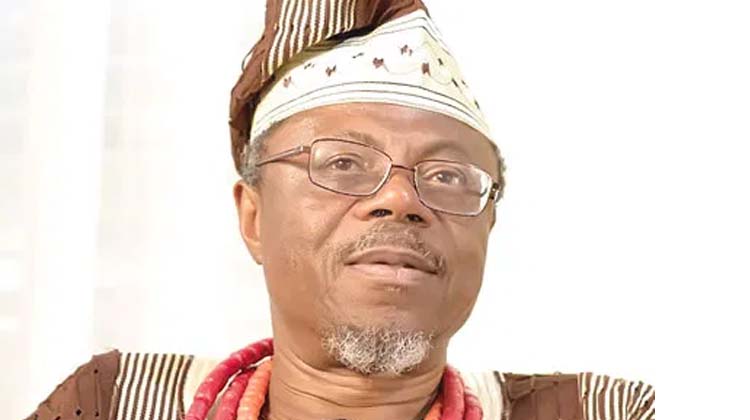On Thursday, at the fourth convocation lecture of Koladaisi University in Ibadan, Prof. Toyin Falola, Africa’s most decorated historian, delivered a poignant critique of Nigeria’s enduring governance issues. He underscored that the country’s stagnation can be attributed to a combination of poor leadership, rampant corruption, and an over-dependence on oil, which collectively stymie development and progress. Through his lecture titled “Advancing Nigeria’s Future,” Falola offered a critical retrospective on Nigeria’s growth trajectory since gaining independence, emphasizing the urgent necessity for substantive reforms to redirect the nation’s path toward fulfilling its considerable potential.
Prof. Falola lamented that Nigeria, once seen as a beacon of hope amongst African nations due to its resource wealth and human capital, has been derailed by chronic mismanagement and ethnic strife. He pointed out that these governance failures have culminated in a deterioration of essential services, notably in healthcare and education, which are now marked by severe deficiencies due to inadequate funding and poor policy implementation. The historian articulated that bad governance has become so pervasive that it has led to a situation where critical sectors of society barely function, thereby igniting urgent calls for reform.
In his assessment, Falola highlighted Nigeria’s overreliance on oil as a critical element contributing to its economic malaise. He argued that while the country’s oil wealth initially held the promise of prosperity, it has ultimately transformed into a curse because successive governments have mismanaged these resources, favoring extravagant lifestyles over productive investment. This failure to diversify the economy has resulted in stagnation across other vital sectors such as agriculture and manufacturing, hindering Nigeria’s long-term growth prospects. The historian advocated for a radical transformation in governance practices, emphasizing the need for transparency and a commitment to economic diversification as essential measures for moving the nation forward.
Delving into human capital development, Falola expressed concern over Nigeria’s inadequate investment in its populace, asserting that a nation’s development is fundamentally linked to the quality of its human resources and the societal values it upholds. He noted the alarming trend of brain drain, where skilled Nigerians seek better opportunities abroad due to the lack of prospects at home. He reiterated that no nation can thrive without a solid foundation of human capital and emphasized that instilling core values of integrity, responsibility, and discipline is vital for Nigeria’s advancement.
To address these critical challenges, Prof. Falola proposed a comprehensive set of reforms aimed at improving educational and healthcare systems, thereby fostering a resilient labor force keyed into the nation’s development objectives. He urged political leaders to prioritize investments in these sectors while also pushing for programs designed to promote civic responsibility and ethical governance among the youth. By making these changes, Falola believes that Nigeria can rewrite its narrative from one of stagnation to one of renewed hope and opportunity.
Lastly, Falola called for unity among Nigeria’s diverse ethnic groups and a collective approach to tackle the issues plaguing the nation. He noted that many of Nigeria’s problems are exacerbated by ethnic divisions and rampant corruption, which must be confronted decisively to lay the groundwork for progress. His remarks resonated with the audience, consisting of academics, students, and policymakers, as he urged not just leaders but all Nigerians to commit to a unified reform agenda that aims to establish a more prosperous, equitable, and just society for the future.


